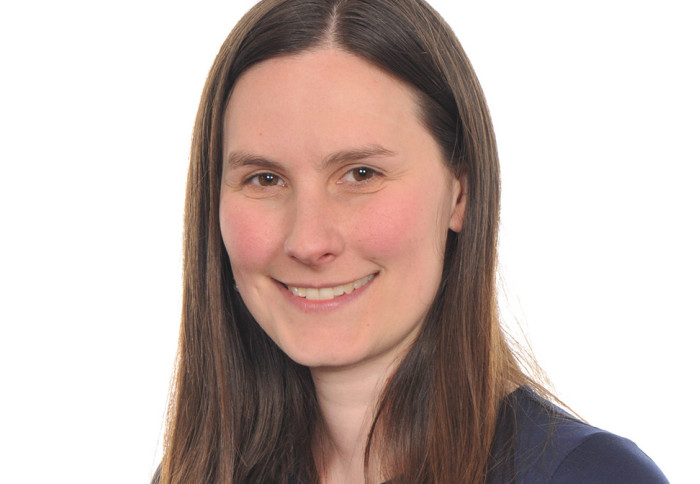President's and Provosts awards winners across FoNS

Dr Anna Barnard (Chemistry) won an Outstanding Early Career Researcher Award and President's Medal
It's awards season at Imperial! Let's take a look at the President's and Provost's awards winner from across the Faculty of Natural Sciences...
Thank you to these fantastic and truly excellent colleagues who work so hard to make FoNS such a good place to work and study in! Professor Richard Craster Dean of the Faculty of Natural Sciences
Huge congratulations to staff and students at Imperial who have been recognised in this year's President's and Provost's awards, including those across our Faculty!
Dean of the Faculty of Natural Sciences, Professor Richard Craster, said of the awards: " It's wonderful - and incredibly important - to take this opportunity to say “Thank you” to my fantastic and truly excellent colleagues who work so hard to make Imperial, and FoNS in particular, such a good place to work and study in!”
President's awards
Dr Mark Richards, Department of Physics has won an Equality, Diversity and Inclusion Award for Culture and Community, which celebrates staff who are committed to developing an environment which promotes equality of opportunity, values diversity, and where students and staff can work and study free from discrimination and harassment.
Dr David Ham, Department of Mathematics was also highly commended for the Equality, Diversity and Inclusion Award for Culture and Community.
Dr Michael Ray, Department of Chemistry has won a President’s Award for Excellence in Supporting the Student Experience, which thanks those who've made outstanding contributions to enhancing the student experience.
Dr Anna Barnard and Dr Benjamin Schumann, both from Department of Chemistry, have each won a President’s Award for Outstanding Early Career Researcher, celebrating academic excellence and development.
President's medal
Dr Anna Barnard (Chemistry) was also awarded the President’s Medal for Outstanding Early Career Researcher:
“My research is in chemical biology, looking at the interactions proteins make with one another,” she says. “We are targeting interactions in bacteria to try to make sure the whole population is targeted by antibiotics. Similarly, we are also examining interactions in cancer, to try to improve treatment.”
A world without antibiotics
Dr Barnard also features in a new BBC Ideas film: ‘What would a world without antibiotics be like?’ Sometimes called ‘the silent pandemic’, this short film explores the growing problem of antibiotic resistance - and what can be done about it.
“One of the main bottlenecks with antibiotic research is that the easiest thing to do is to look at the structures of existing antibiotics and modify those slightly to try to overcome the resistance. It's much more challenging to find a completely new class of antibiotics," says Dr Barnard.
“I think if there were more awareness then there would be more general pressure from society on governments and on companies to fund more research into targeting this problem. We should be anticipating problems and doing something about them before they become enormous global crises.”
Watch the full film on BBC Ideas: What would a world without antibiotics be like?
Provost's awards
Brian Willey, Department of Physics has won a Provost’s Award for Excellence in Health and Safety, made to individuals and teams for their outstanding commitment to improving the safety of students, staff and visitors to the College.
Matt Gribble and Carla Siniscalchi from the Crisanti lab in our Department of Life Sciences were also highly commended in the Health and Safety category.
Article text (excluding photos or graphics) © Imperial College London.
Photos and graphics subject to third party copyright used with permission or © Imperial College London.
Reporter
Claudia Cannon
The Grantham Institute for Climate Change